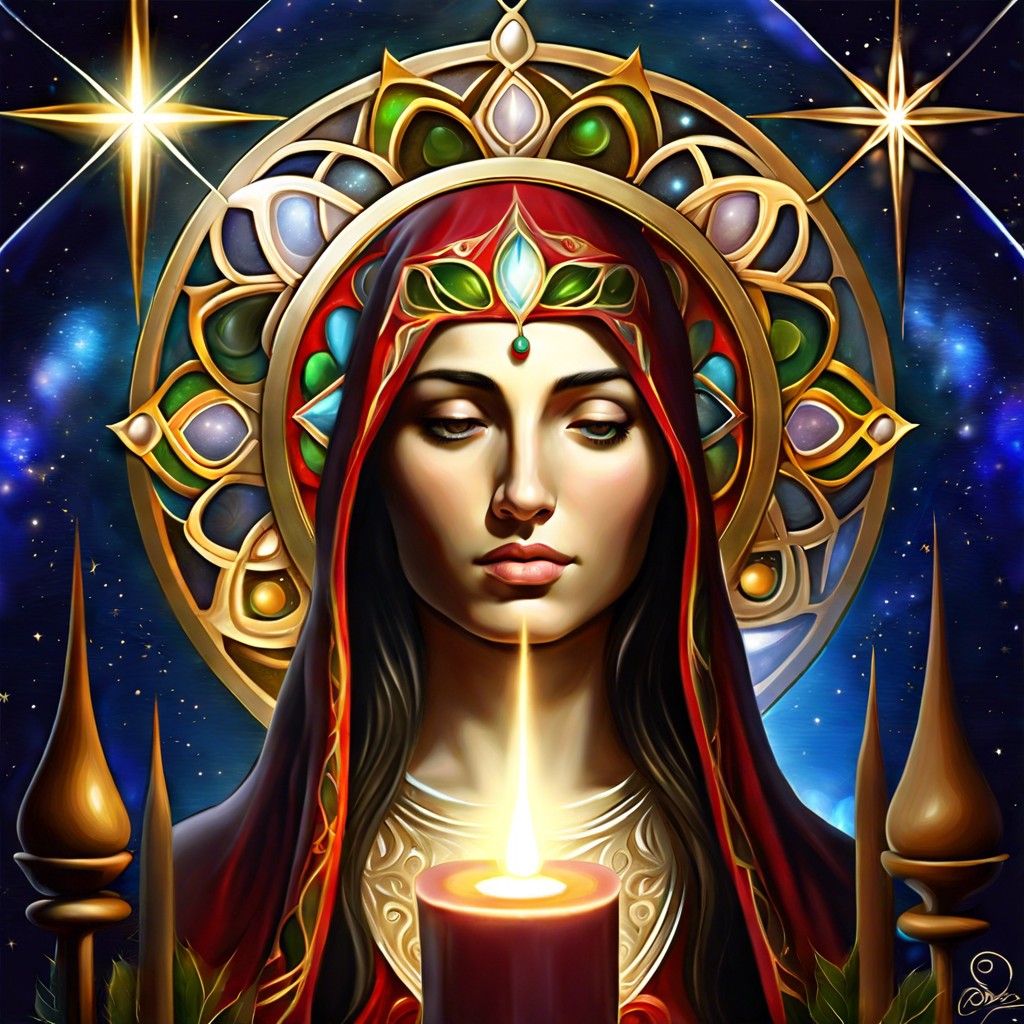Discover the spiritual meaning of “Noel” and its deeper significance in various cultural and religious contexts.
Noel is more than just a word heard in holiday songs; it carries rich layers of history, spirituality, and cultural significance. Dive into the origins, religious roots, symbols, and diverse cultural impacts that make Noel a cherished term across the world.
Key takeaways:
- Noel originates from Latin “natalis,” signifying birth, often tied to Christmas celebrations.
- In Christianity, Noel symbolizes the birth of Jesus, inspiring reflection and faith.
- Noel’s symbolism in holiday traditions includes joy, hope, generosity, and renewal.
- “Noel” transcends cultures, embodying unity, joy, and giving across languages.
- Noel spiritually represents hope, renewal, and divine connection for personal growth.
Etymology and Historical Roots

The word “Noel” traces its origins to the Latin word “natalis,” meaning “birth.” This evolved through Old French as “noel,” taking root as a term specifically tied to the birth of Jesus Christ.
In medieval Europe, “Noel” was commonly used in songs and carols to celebrate Christmas. It eventually became synonymous with festive joy and the celebration of the nativity.
Throughout centuries, the use of “Noel” spread across different cultures, adapting unique nuances while retaining its core meaning of birth and renewal. Moreover, in various European traditions, it signifies the announcement of hope and spiritual awakening during the winter season.
Religious Significance in Christianity
The term “Noel” is deeply intertwined with the Christian celebration of Christmas. Derived from the Latin word “natalis” meaning “birth,” it highlights the nativity story, the birth of Jesus Christ, in Bethlehem.
In the liturgical calendar, Noel is a period of profound anticipation and joy. Churches worldwide conduct special services, reenact nativity plays, and sing carols to commemorate this pivotal event. Popular hymns, such as “The First Noel,” encapsulate the divine message of peace and goodwill.
Moreover, Noel serves as a reminder of theological themes like incarnation and redemption. It encourages believers to reflect on divine love and the grace bestowed upon humanity through Jesus’ birth. This reflection often leads to acts of kindness, charity, and communal solidarity, mirroring the spirit of the season.
Overall, Noel in Christianity goes beyond festivity; it invites a deep spiritual contemplation and a renewed sense of faith.
Symbolism in Holiday Traditions
Christmas carols, lights, and decorations all contribute to the rich symbolism associated with Noel. Each element tells its own story and enhances the festive atmosphere.
Caroling represents the spreading of joy and communal togetherness, echoing the angelic proclamation of Jesus’ birth. The light from candles and strings represents hope and the divine light that the birth of Christ brings into the world. Decorations, especially the Christmas tree, symbolize life and renewal with their evergreen qualities.
Gift-giving reflects the Magi’s offerings and the spirit of generosity. This tradition extends beyond material gifts, emphasizing love, kindness, and goodwill. Together, these symbols encapsulate the essence of Noel, celebrating religious and communal joy.
Cultural Impact and Variations
In many cultures, “Noel” has become synonymous with the holiday season itself. In France, “Noel” directly translates to Christmas, reflecting its deep-rooted tradition. The word brings to mind festive decorations, hearty meals, and joyous music.
In English-speaking countries, “The First Noel” is a beloved Christmas carol, capturing the spirit of nativity celebrations. The song’s widespread popularity highlights the concept’s enduring appeal.
Spanish-speaking regions have their own variation, “Navidad,” yet the essence remains closely tied to birth and renewal, deeply intertwined with family gatherings and religious observance.
Across different cultures, Noel embodies more than just historical or religious significance. It represents unity, joy, and the act of giving, transcending linguistic and national boundaries to invoke universal themes of love and togetherness.
Spiritual Interpretation and Themes
At its core, Noel signifies more than just a holiday greeting; it’s a reminder of spiritual themes such as hope, renewal, and divine connection. It invites reflection on the birth of Jesus and the dawning of a new era.
Hope: Noel carries the promise of a brighter future, encouraging faith in new beginnings.
Renewal: The birth of Christ symbolizes spiritual rebirth and the opportunity for personal transformation.
Divine Connection: It emphasizes God’s presence in human life, fostering a sense of closeness and divine intervention.
These themes offer a deeper, more enriching perspective on the holiday season, encouraging personal growth and spiritual reflection.





